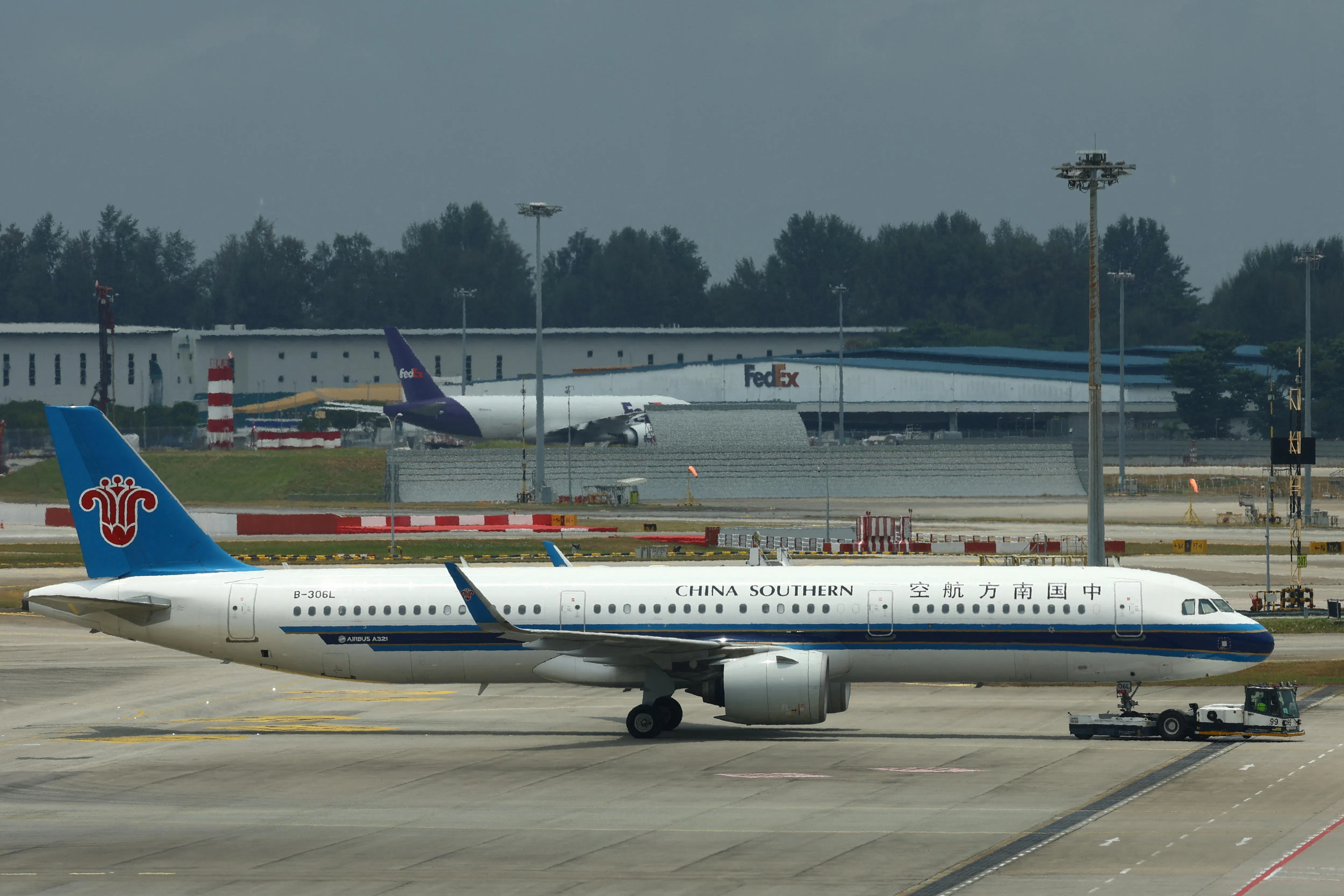Arrivals have increased four-fold since the program’s expansion in late May
Article content
OTTAWA — More than 200 Gazans have arrived in Canada under a special temporary residency program launched in January, according to Immigration Refugees and Citizenship Canada.
“As of August 24, 2024, 209 people have arrived in Canada under the temporary public policy,” wrote IRCC spokesman Jeffrey MacDonald in an email to the National Post.
This is a four-fold increase in arrivals since late May, when the program’s cap was expanded from 1,000 to 5,000 visas. At the time, officials said that 41 displaced Gazans had arrived in Canada, receiving visas under both the new policy and a pre-existing one.
Advertisement 2
Article content
MacDonald said that getting eligible Gazans out of the war-torn enclave is a major barrier to their resettlement in Canada.
“We have put forward names of people who passed preliminary eligibility and admissibility reviews to local authorities for approval to exit Gaza,” said MacDonald. “However, Canada does not control (how) or when someone can exit Gaza.”
The Rafah border crossing between Gaza and Egypt has been closed since being seized by Israel in early May. Even so, MacDonald stressed that Israel has been cooperating with Canada’s request to facilitate the exit of Gazans with extended family members in Canada.
MacDonald said that 478 people who left Gaza on their own have been approved to come to Canada but did not say how many of them have made it to the country. He also disclosed that 673 temporary resident visas have been approved for Palestinians outside of Gaza since the Oct. 7 attacks, through pre-existing IRCC programs.
He did not elaborate on how many of the non-Gazan visa holders have arrived on Canadian soil, saying only that they are “able to travel to Canada.”
Article content
Advertisement 3
Article content
Recommended from Editorial
MacDonald said the slow trickle of arrivals hasn’t dampened interest in the temporary residency program.
“We have received a large volume of web form submissions,” wrote MacDonald. “As of August 24, 2024, there are 3,920 applications accepted into processing.
“These (temporary resident visa) applications are being reviewed to determine eligibility and preliminary admissibility.”
MacDonald said that all Gazans who wish to take part in the program must undergo a security screening but didn’t provide details about the process.
A mandatory background information form for applicants between the ages of 14 and 79 requires they disclose social media accounts but doesn’t include any direct questions about affiliations with Hamas, ISIS and other groups Canada considers terrorists.
A second IRCC spokesperson, Isabelle Dubois, said that the background information form and other self-reporting will be used to screen applicants while they are still in Gaza.
Advertisement 4
Article content
“By using the enhanced biographic information applicants provide, we are able to conduct preliminary security screening while people are still in Gaza,” Dubois wrote in an email to the National Post on Thursday.
She added that candidates who are able to leave Gaza will have their biometrics collected in a third country.
“(B)iometric (fingerprints and photo) checks are one of the best methods to identify people who may be inadmissible or pose a threat to Canada,” wrote Dubois.
A Leger-Postmedia poll released this week found that Canadians are ambivalent about the expanded Gazan visa program, with two-thirds saying they’re not confident that migrants arriving in Canada as a result of the war in Gaza are being properly screened by Canadian officials.
The concerns over the vetting of Gazan migrants come amidst a political firestorm surrounding father-son terror suspects Ahmed Fouad Mostafa Eldidi and Mostafa Eldidi.
Public Safety Minister Dominic LeBlanc appeared before the House public safety committee on Wednesday to answer questions about how the elder Eldidi was granted refugee status, and later Canadian citizenship, after allegedly being shown dismembering a hostage in a 2015 ISIS propaganda video.
National Post
rmohamed@postmedia.com
Get more deep-dive National Post political coverage and analysis in your inbox with the Political Hack newsletter, where Ottawa bureau chief Stuart Thomson and political analyst Tasha Kheiriddin get at what’s really going on behind the scenes on Parliament Hill every Wednesday and Friday, exclusively for subscribers. Sign up here.
Our website is the place for the latest breaking news, exclusive scoops, longreads and provocative commentary. Please bookmark nationalpost.com and sign up for our daily newsletter, Posted, here.
Article content








